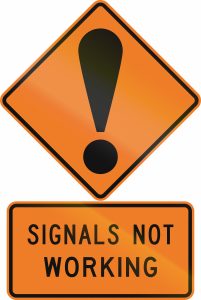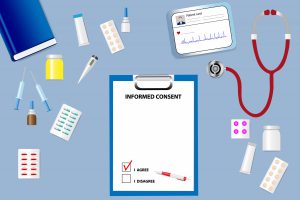Last Reasonable Opportunity to Diagnose and Treat Not Last In-Person Visit Establishes Date on Which Statute of Limitations Begins to Run in Indiana Medical Malpractice Claims
The Indiana Court of Appeals recently issued an opinion in Strickholm v. Anonymous Nurse Practitioner reversing a trial court’s grant of summary judgment based upon the statute of limitations. Under the Indiana Medical Malpractice Act (MMA), a claim for medical malpractice may not be brought against a health care provider based upon professional services or health care that was provided or that should have been provided unless the claim is filed within two (2) year after the date of the alleged act, omission, or neglect. Health care is defined by the MMA as an act or treatment performed or furnished, or that should have been performed or furnished, by a healthcare provider for, to, or on behalf of a patient during the patient’s medical care, treatment, or confinement.
On October 29, 2015, the patient, Peter Strickholm, established primary care with Anonymous Nurse Practitioner (Anonymous NP). Anonymous NP thereafter saw Peter on December 1, 2015, at which time she prescribed a blood pressure medication to manage his high blood pressure and recommended that he return for a blood pressure check the following week. When Peter returned on December 8, 2015, a blood pressure check was performed by a licensed practical nurse (LPN). On December 11, 2015, the Anonymous NP electronically reviewed and approved the LPN’s report, but the Anonymous NP did not recommend any further testing or treatment despite the results. On December 15, 2015, Peter went to the hospital and was diagnosed with low sodium. He then suffered a cardiopulmonary arrest and hypoxic event causing a permanent brain injury.
Peter, and his parents, as his guardians, filed a proposed medical malpractice complaint on December 4, 2017. Anonymous NP filed a motion for preliminary determination of law and motion for summary judgment on February 1, 2018 claiming that the complaint was barred by the two (2) year statute of limitations because the last day Anonymous NP provided health care to Peter was on December 1, 2015 with the complaint having been filed more than two (2) years after that date. The trial court granted summary judgment in favor of Anonymous NP holding that the continuing-wrong doctrine (which provides that the statute of limitations can be extended when an entire course of conduct of a continuous nature combines to produce an injury) did not apply to Anonymous NP’s single act of prescribing the medication on December 1, 2015, Anonymous NP did not provide health care on December 8, 2015 because she did not see Peter on that date, and Anonymous NP’s review and approval of the LPN’s report on December 11, 2015, did not constitute the provision of health care to a patient. The plaintiff appealed the trial court’s decision.
 Indiana Personal Injury Lawyer and Medical Malpractice Attorney Blog
Indiana Personal Injury Lawyer and Medical Malpractice Attorney Blog






















 On Halloween otherwise fiscally responsible and sensible adults spend oodles of money and countless hours to costume their children and let them visit the homes of neighbors and strangers alike, knowing a hardball negotiation will ensue with the youngster proclaiming, “Trick or Treat.”
On Halloween otherwise fiscally responsible and sensible adults spend oodles of money and countless hours to costume their children and let them visit the homes of neighbors and strangers alike, knowing a hardball negotiation will ensue with the youngster proclaiming, “Trick or Treat.”